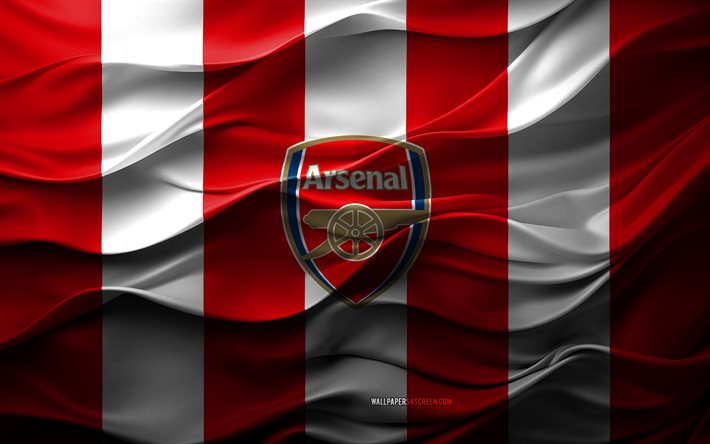
Founded in 1886 by workers at the Royal Arsenal armaments factory in Woolwich, South London, the club was originally named Dial Square, then Royal Arsenal, and later Woolwich Arsenal after turning professional. Financial struggles led to a momentous move north of the River Thames to Highbury in 1913. The following year, they dropped “Woolwich” to become simply Arsenal Football Club.
The appointment of Herbert Chapman as manager in 1925 marked the dawn of Arsenal’s first golden era. Chapman revolutionized English football with tactics like the WM formation, pioneering floodlit friendlies, and even influencing the renaming of a local tube station to “Arsenal”. Under him and his successor George Allison, Arsenal dominated the 1930s, winning five First Division titles (1931, 1933, 1934, 1935, 1938) and two FA Cups (1930, 1936).
After the Second World War, Arsenal won further league titles (1948, 1953) and an FA Cup (1950). The next major period of success arrived under Bertie Mee in the late 1960s/early 1970s. Known for resilience, Mee’s team secured the club’s first European trophy, the Inter-Cities Fairs Cup (1970), and achieved the League and FA Cup “Double” in 1971.
The 1980s saw a resurgence under George Graham. His disciplined, hard-working sides won two League Cups (1987, 1993) and two League titles (1989 – memorably won at Anfield on the last day, 1991). They also captured two FA Cups (1993) and, most famously, the European Cup Winners’ Cup in 1994.
However, the club’s most transformative era began in 1996 with the appointment of Arsène Wenger. Bringing revolutionary training methods, sports science, and an emphasis on attractive, attacking football (“The Arsenal Way”), Wenger oversaw immense success. His teams achieved three Premier League titles (1998, 2002, 2004) and four FA Cups (1998, 2002, 2003, 2005). The pinnacle was the 2003-04 “Invincibles” season, winning the league without a single defeat.
Leaving Highbury, their home for 93 years, Arsenal moved to the modern Emirates Stadium in 2006. While trophy wins became less frequent in Wenger’s later years, he added three more FA Cups (2014, 2015, 2017). After Wenger’s departure in 2018, Mikel Arteta, a former club captain, took charge in 2019. Arteta has rebuilt the squad with a clear philosophy, winning the FA Cup in 2020 and establishing Arsenal as consistent Premier League title challengers once again.
Throughout its history, from its industrial roots to its global stature, Arsenal has been defined by innovation, iconic managers, legendary players, and a commitment to stylish football, securing its place as one of England’s most successful and storied clubs.